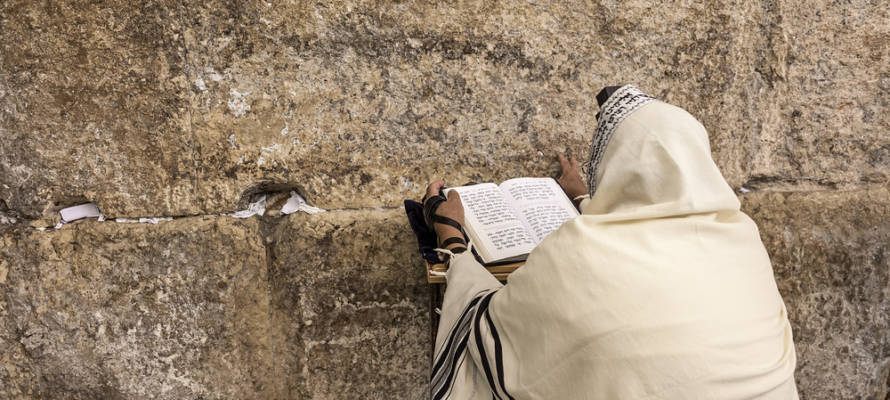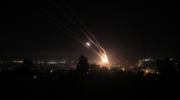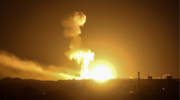Whenever Tisha b’Av falls on Shabbat and is thereby postponed, we are treated to a Divine “wink” of sorts and merit to experience a ”taste” of the Messianic era.
By: Rabbi Ari Enkin, Rabbinic Director, United with Israel
On Tisha b’Av, we commemorate the destruction of the two Temples that once stood on the Temple Mount in Jerusalem and the subsequent exile of the Jewish people from their land.
As with all Jewish holidays, Tisha b’Av begins the night before, at sundown, as per the Hebrew lunar calendar. Tisha b’Av literally means “the 9th day of [the Hebrew month] of Av.” What is very unique about Tisha b’Av ithis year is that it falls on Shabbat!
Since fasting is forbidden on Shabbat (except for Yom Kippur), when the fast falls on Shabbat, it is postponed and observed a day later, on the 10th day of Av.
Eating on the 9th of Av is something that is virtually taboo. Tisha b’Av is the most serious of all fast days, second only to Yom Kippur. Although no one should risk his or her health in any way, we are obligated to make heroic efforts to fast on Tisha b’Av regardless of any level of discomfort.
However, when the 9th of Av falls on Shabbat, we eat meat, drink wine and celebrate Shabbat, as we do each week. In such cases, Tisha b’Av is all but forgotten on the day it was truly intended to be observed!
So too, in the Messianic era, Tisha b’Av will cease to be observed. When the Messiah comes, the third and final Temple will be rebuilt and the mourning of Tisha b’Av will be a thing of the past.
The rabbis teach that until that time, whenever Tisha b’Av falls on Shabbat and is thereby postponed, we are treated to a Divine “wink” of sorts and merit to experience a ”taste” of the Messianic era.
Do You Love Israel? Make a Donation - Show Your Support!
Donate to vital charities that help protect Israeli citizens and inspire millions around the world to support Israel too!
Now more than ever, Israel needs your help to fight and win the war -- including on the battlefield of public opinion.
Antisemitism, anti-Israel bias and boycotts are out of control. Israel's enemies are inciting terror and violence against innocent Israelis and Jews around the world. Help us fight back!























